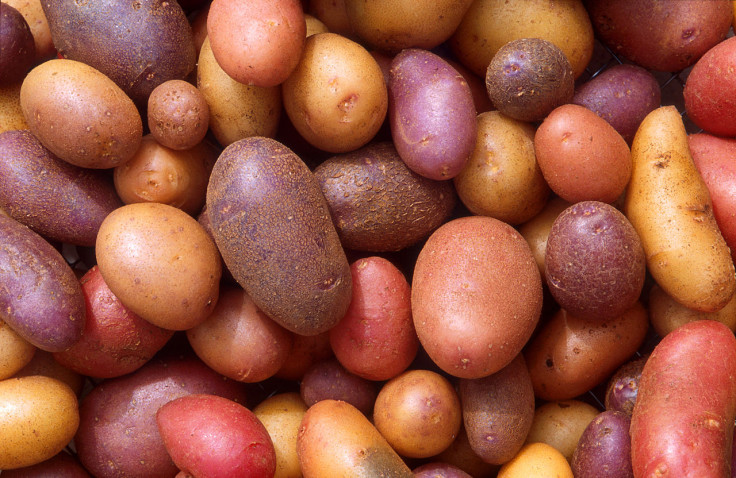Mash on Mars? Nasa wants to grow potatoes on Red Planet while saving lives on Earth

A team of scientists are attempting to grow potatoes under Martian conditions as they look to prove that they can be grown in the most inhospitable conditions and ultimately save lives on Earth.
Nasa and the International Potato Center (CIP) are taking the reins on the experiment, which will also be used as a stepping stone to learning how we can grow crops on the Red Planet itself.
The team, which is basing its experiment in Peru, is hoping to raise awareness of the resilience of potatoes, which will put pressure on authorities to fund further research and farming in devastated areas around the world. Joel Ranck, CIP Head of Communications, said: "How better to learn about climate change than by growing crops on a planet that died two billion years ago? We need people to understand that if we can grow potatoes in extreme conditions like those on Mars, we can save lives on Earth."
Famine currently affects 842 million people – but this figure is continuously rising. CIP has been experimenting with the robustness of potatoes for some time by planting them in unusual places – or simulating the conditions in said areas.
Not only will this research help boost knowledge on how well the potatoes can survive in Martian conditions, but it will also highlight how well the crops would be able to survive on Mars, if and when we manage to colonise it. Julio E Valdivia-Silva, SETI Researcher Associate of Nasa, who is leading the project's science team, added: "I am excited to put potatoes on Mars and even more so that we can use a simulated Martian terrain so close to the area where potatoes originated."
"The extraordinary efforts of the team have set the bar for extra-terrestrial farming. The idea of growing food for human colonies in space could be a reality very soon." said Chris McKay, planetary scientist of the Nasa Ames research centre.
Melissa Guzman, Astrobiologist at Nasa Ames, stated: "The image of students building plant growth payloads and communicating virtually from labs in California, Lima, and Dubai is exciting for the future of planetary exploration and astrobiology. We see the science, educational, and humanitarian goals as being intertwined. In the process of working together toward establishing a community on Mars, our students will also be establishing a community on Earth."
© Copyright IBTimes 2025. All rights reserved.






















